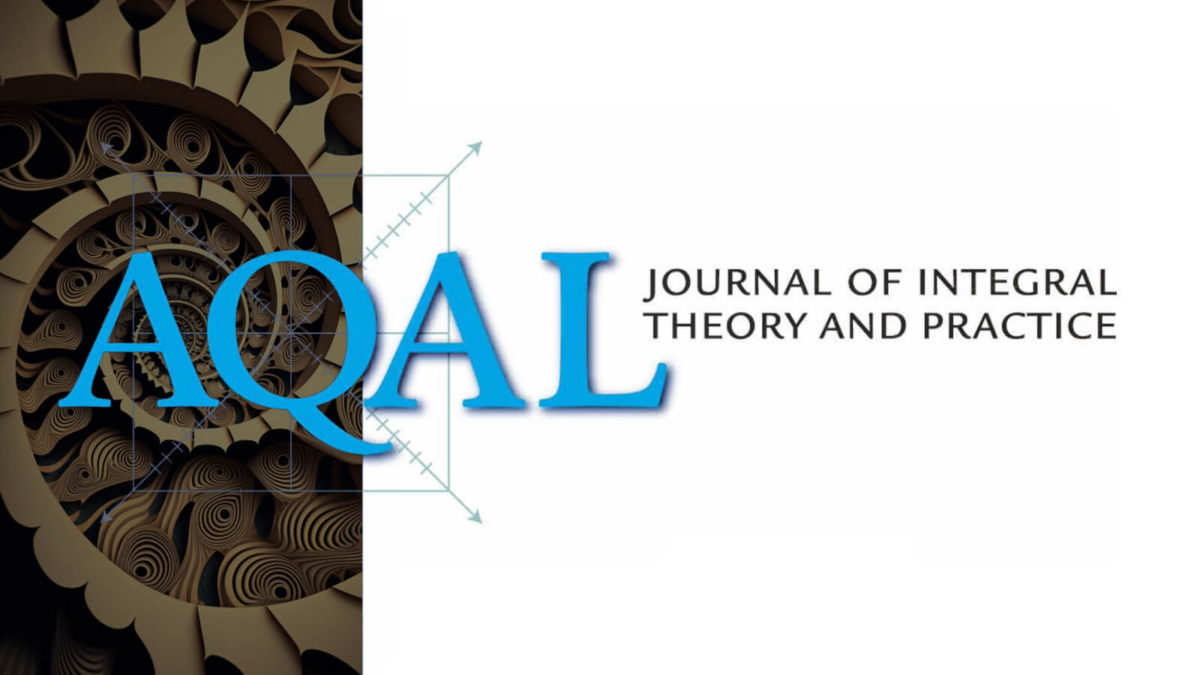Integral metatheory does not currently employ any formal research method for developing or evaluating its frameworks, propositions, and knowledge claims. As is the case with almost all other metatheory, Ken Wilber’s AQAL framework has been developed according to a creative and idiosyncratic mix of personal insight and traditional scholarship. The AQAL conceptual lenses, their relationships, and the AQAL metatheoretical system, which they constitute, are largely the result of one man’s analysis of extant scientific and cultural knowledge. It may be expert analysis that is based on traditional methods of scholarship, but that informal approach needs to be augmented and evaluated by more rigorous and transparent methods of research. More importantly, those methods need to be developed and applied by communities of researchers, practitioners and scholars who are aware of, and competent in, the methods and techniques of metatheorising.
The purpose of this article is to show why this is an important issue in the future development of Integral metatheory and to contextualise the absence of a formal method within a general framework for describing an integral meta-studies. The importance of method is discussed within an integral cycle of learning model that shows why method plays such a crucial role in metatheory building and in scientific disciplines in general. An overview of integral meta-studies is presented to contextualise the discussion of method.
Become a member today to access this Journal article and support the global emergence of Integral consciousness
Membership benefits include:
Premium Content
Receive full access to weekly conversations hosted by leading thinkers

Journal Library
Receive full access to the growing Journal of Integral Theory & Practice library

Live Experiences
Stay connected by participating in Integral Life live events and discussions
Courses & Products
Get unlimited 20% discount off all products and courses from our friends and partners

Free Bonus Gifts
Download The Integral Vision eBook by Ken Wilber (worth $19 on Amazon) & The Ken Wilber Biography Series

Support of the movement
Support our mission of educating and spreading integral consciousness that is more critical than at any time in its history
About Mark Edwards
MARK EDWARDS is a psychologist with a Masters degree in developmental psychology and a Ph.D. (distinction) in organisation theory from the University of Western Australia, one of the pre-eminent universities in Australia. He has worked with people with disabilities for more than 20 years. He is currently tutoring in strategic management and human resource management courses in the Business School at UWA. His academic publications have been in the areas of futures studies, leadership, management and organisation theory, and integral metatheory.

